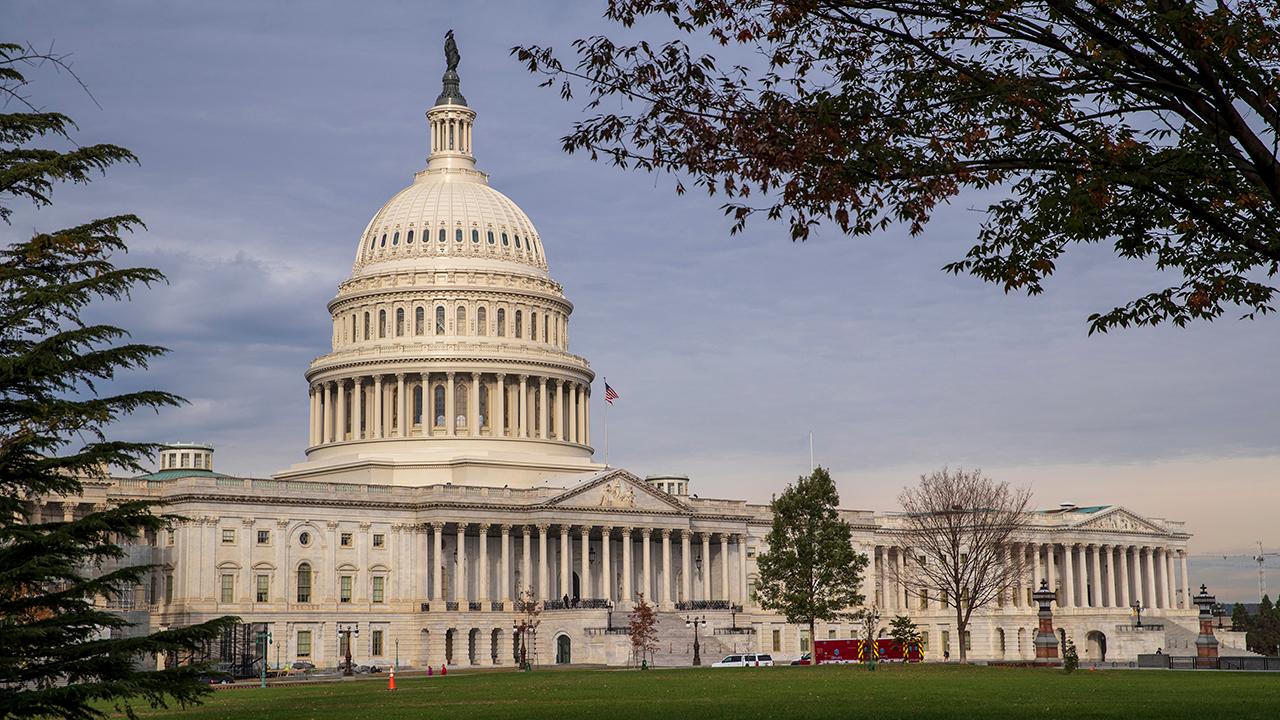Capitalism vs. socialism. And the winner is …
Medicare-for-all, free college tuition, guaranteed minimum income … if you listen to the far left in American politics today, socialism is bliss, and capitalism is another word for thievery. How wrong they are.
Capitalism and free markets not only made America the greatest country in the world, they are the only way we can stay great -- and they are the only way the rest of the world will enjoy a higher standard of living.
Capitalism works. If you think socialism does too, take a look at North Korea, a socialist nation in which half the population lives in extreme poverty and as many as 120,000 people rot in political prisons. Or Cuba, where socialist policies have people standing in line for hours to buy basic groceries and the government recently started rationing staples like eggs, rice and beans.
The morality and strength of capitalism (or free enterprise, free markets, whatever term you choose for the U.S. economic system) is that it allows people to succeed by meeting the needs and wants of others. People in a capitalist society are constantly trying to come up with ways to make everyone's lives better. The failures critics blame on capitalism are caused by the mistakes of government, not an economic system that rewards hard work and innovation.
Those failures are many. The Great Depression was triggered by the draconian Smoot-Hawley Tariff Act, which imposed higher taxes on thousands of import items. The resulting global trade devastated entire economies. The U.S., Germany and Britain then foolishly imposed substantial tax hikes, making a bad situation even more terrible.
Inflation ran wild in the 1970s because the Fed printed too much money. The 2008-2009 financial crisis was the result of a deliberately weakened U.S. dollar, which caused a massive overvaluation of hard assets such as housing.
Bad government policies – particularly high taxes – always create problems. Postwar European countries flourished until they started increasing income taxes and imposing VATs in the 1970s. Tax hikes slowed European economic growth to a crawl. Tax cuts, however, like those created in the U.S. by Presidents Kennedy, Reagan, and now Trump, have resulted in economic booms.
When governments butt in
Trade disputes are a hidden tax on businesses and consumers. When countries fall prey to the myth of trade imbalances and start imposing tariffs on imports, capitalism is turned on its head.
Countries don’t trade with each other, people and companies do, and they both get something they want in the process. If governments would butt out and let the free market dictate prices and terms, everyone would prosper.
Excessive regulations are another obstacle to success; regulations cost the U.S. economy about $2 trillion a year. Manufacturers have been particularly hard hit, paying tens of thousands of dollars a year to comply with government mandates.
Some people think capitalism is guilty of everything from soaring student loan debt to high-priced health care. Not the case.
Government interference in the student loan market and handouts like Pell grants drove up prices as colleges began raising tuitions on students who had government money to spend. By freezing tuitions and enacting operational efficiencies, Purdue University has cut the cost of attendance. A consumer market in education, untainted by government meddling, would prompt other schools to do the same.
The high cost of health care could be at least partially cured with an injection of capitalism too. Now, Pharmacy Benefit Manager middlemen and third-party payers such as insurance companies -- or the government itself -- eliminate the incentive for patients to compare pricing, allowing providers to run wild.
For example, while the costs of most surgical procedures have dramatically increased, the charge for Lasik eye surgery, which most insurance policies don’t cover, has gone down in price over the years. That’s the free market at work.
The Surgery Center of Oklahoma, which maintains low overhead and posts prices online, has proved its ability to offer top-notch services at a fraction of the cost other hospitals charge. Unfortunately, the lack of a consumer market in U.S. health care(something socialist Medicare-for-all would make infinitely worse) means few other providers want to copy this cost-effective strategy.
Some polls have shown that almost half of young Americans think they would be happier living under socialism. For their sake, let’s hope our future elected leaders never give them the chance to find out.
CLICK HERE TO GET THE FOX BUSINESS APP
Capitalism is our best hope of keeping all Americans happy, healthy and prosperous for generations to come.
Steve Forbes is chairman and editor-in-chief of Forbes Media.




















